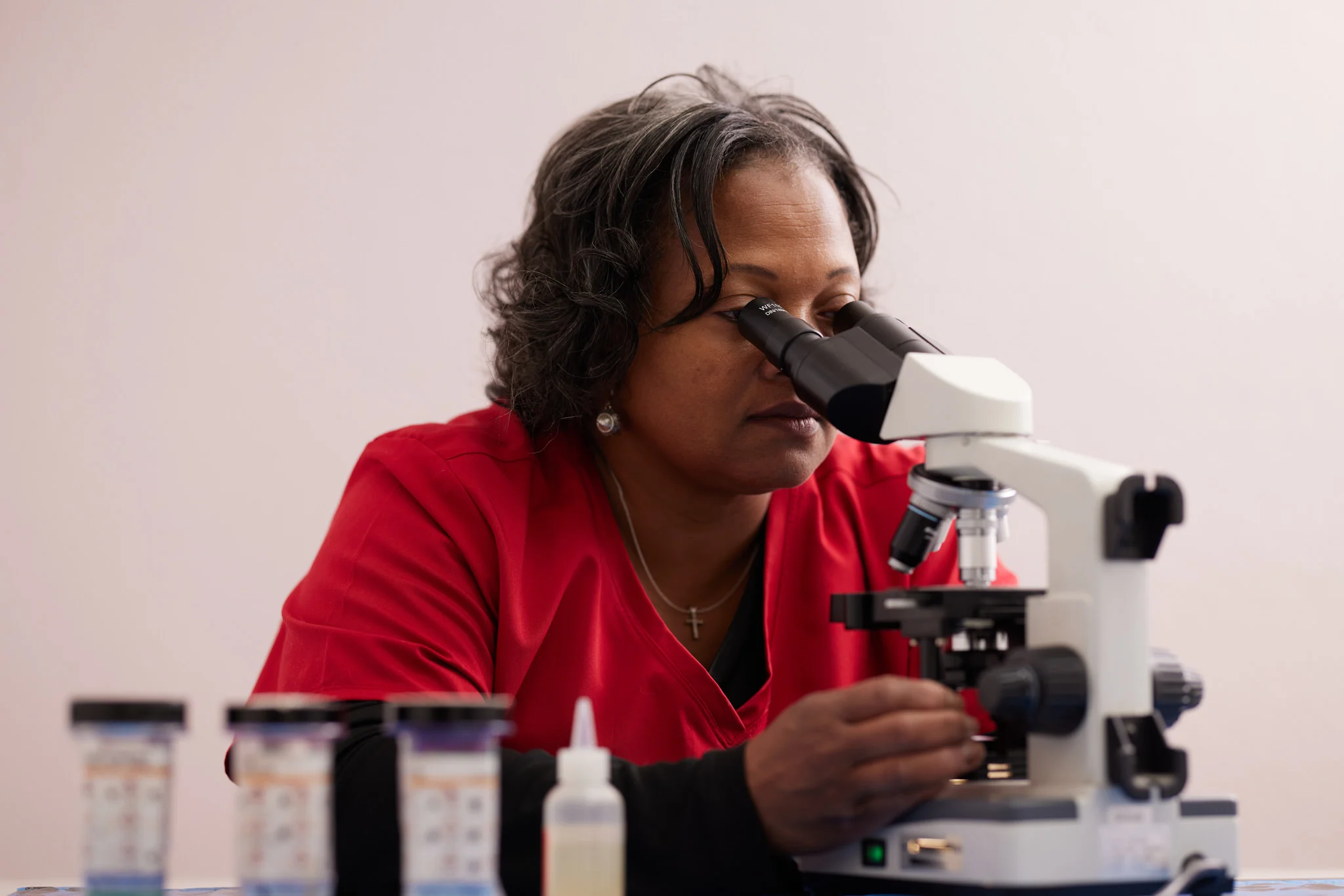ANTECH EDUCATION CENTER
Veterinarians often rely on diagnostic testing to keep their patients happy and healthy, but keeping up with the latest technologies and recommendations isn't always easy. Explore this educational library on diagnostic testing—from wellness testing to parasite surveillance—to keep providing the highest level of care for your patients.

RECENTLY ADDED CONTENT
This concerning laboratory finding has many potential causes. The clinical challenge is figuring out what that cause is. Can you name this blood chemistry abnormality?
Are you familiar with the zoonotic potential of Echinococcus spp? What about toxoplasmosis? Dive into this zoonotic parasites quiz to see if you’ve mastered the One Health approach to parasite detection.
Hypercalcemia is a biochemical abnormality uncommonly encountered in everyday small animal practice. The infrequency of occurrence and nonspecific clinical signs can prove challenging for the veterinary team. In this case-based webinar, veterinary technician specialist Jessica Wilson-Hess and clinical pathologist Holly Brown will discuss a highly unusual week they experienced in practice when multiple dogs (and one cat!) all presented with hypercalcemia and the diagnostic testing that ensued.
This case-based session will discuss key aspects of selected GI parasites of One Health importance in dogs and cats and provide resources for practical clinical management and pet owner communication.
PILLAR-EXCLUSIVE CONTENT
New fecal testing technology uses the power of PCR to accurately detect 20 different intestinal parasites. Use this algorithm to guide your interpretation of test results, including information on a parasite’s zoonotic potential and guidance on initiating treatment.
When pets are treated like family, there’s simply no room for intestinal parasites. Take a look at how new fecal testing technology uses the power of PCR to detect 20 different parasites, including those that can be missed using traditional fecal testing methods.
Have you heard about the new player in fecal testing? Read on to learn how the newest methods in parasite detection, using PCR technology, stack up against traditional ova and parasite testing methods.
FEATURED CONTENT
Prompted by changes in practice workflow during the pandemic, a recent study explored the implications of sending more diagnostic samples to a reference laboratory. Explore the results, and see what simple steps you could take to give your team more time to care for patients.
Conveying the value of diagnostics and wellness care to pet owners can be a daunting task in the climate of today’s busy veterinary clinics. Join Eric Garcia and Dr. Nicole Sheehan as they share tangible tips for getting your message across to every pet owner who walks through the doors.
From emerging hookworm resistance to new fecal diagnostic technology, this webinar will cover recent updates in the ongoing fight against intestinal parasite infections.
In this episode of Clinician’s Brief Partner Podcast, clinical pathologist Dr. Holly Brown and veterinary technician Jessica Wilson-Hess share adventures from their busy laboratory, which just so happens to be situated within the walls of a booming veterinary practice. As they walk us through the curious case of Salli the beagle, they share diagnostic tips and insights into how they make their work environment fun despite the chaos of life in the laboratory.
Parasite prevention and screening is essential, but it can be a daunting amount of education to impart in one appointment. We’ve condensed all the information into one comprehensive handout so your team can easily and effectively relay it to clients.
Many patients are presented with nonspecific clinical signs, and even a thorough history and skilled physical examination often do not provide a diagnosis. Performing laboratory work and obtaining objective data from our patients can allow for more accurate clinical diagnoses and more focused and appropriate treatments. Regrettably, fecal testing is often overlooked, as the insensitivity of traditional fecal flotation is routinely of low yield and thus unrewarding. In this session, interesting cases that have been selected to highlight the important discoveries as a result of more sensitive and comprehensive molecular testing for GI parasites will be shared.












